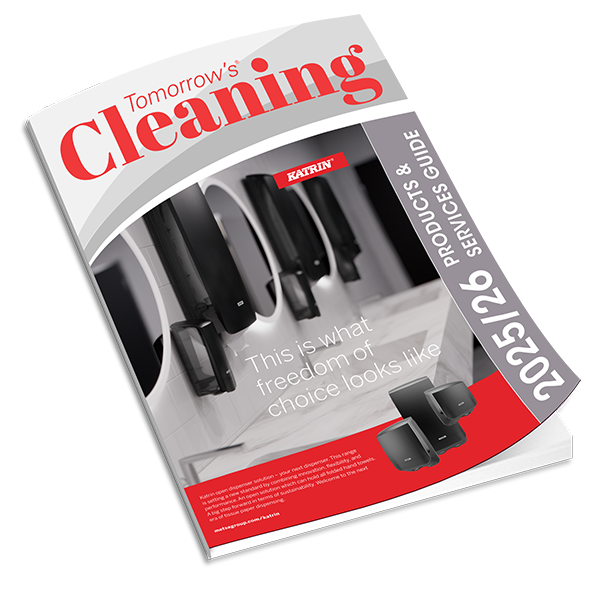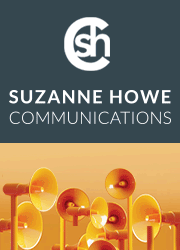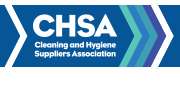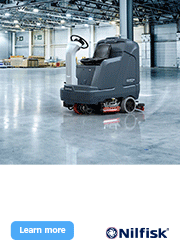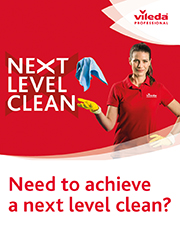A new report by MPs into the role of cleaning and hygiene during the COVID-19 pandemic has called for the introduction of minimum standards for hand and other hygiene infrastructure and cleaning of venues, to help make sure the nation is better prepared for any future public health emergency.
The All-Party Parliamentary Group (APPG) for the Cleaning and Hygiene Industry published on Thursday 1 December the highly significant report with 11 recommendations for Government, regulators, and the industry itself. This follows a wide-ranging and detailed inquiry entitled ‘Embedding Effective Hygiene for a Resilient UK’.
In summary, the recommendations were:
- A joint Government-industry preparedness team should be established to draw up a plan for cleaning and hygiene requirements in time of emergency.
- Based upon the plan, minimum levels of the cleaning materials and equipment most commonly called upon in emergencies should be defined and their availability ensured.
- Government and the cleaning product supply industry should investigate how to increase production capacity in any pandemic.
- It should be agreed that in any future pandemic, Key Frontline Worker status must be bestowed upon commercial cleaning and hygiene operatives working in defined key venues, and also personnel in the cleaning products production and supply sectors.
- Urgent consideration must be given to making cleaning staff eligible for the Skilled Worker Visa scheme.
- A defined set of high-level minimum standards for hand and other hygiene infrastructure, and of the depth and frequency of cleaning of diverse venues should be agreed between Government/regulators and the cleaning and building management industry.
- A standard qualification for cleaning should be developed within the Apprenticeship Levy to improve the quantity, quality and career prospects of people entering the cleaning industry.
- Training budgets for cleaning staff within both public and private enterprises to be adequate.
- Government communications about hygienic practice and behaviour in times of pandemic or other emergencies to be clear, consistent, sustained, timely, relevant and specific.
- A Government-led communications campaign should be deployed to widen and deepen public understanding of hygiene and establish a norm of adopting hygienic behaviour as part of everyday life.
- The Government should support the cleaning and hygiene industry to promote a realignment in perceptions of the industry.
The APPG, comprising 53 MPs and two Members of the House of Lords, has been supported during the inquiry by the industry body for the entire sector and APPG secretariat, the British Cleaning Council (BCC) and the Royal Society for Public Health (RSPH).
The inquiry examined what had been both successful and unsuccessful from the national approach to cleaning and hygiene during the pandemic to ensure lessons would be learnt. These will be taken forward to increase disease resilience to current common infections and help inform the UK’s response to any similar future public health emergency.
The report is being shared with the UK COVID-19 Inquiry and is expected to be followed by a roundtable event within the industry which will consider how to take forward the findings.
APPG Chairman, Nigel Mills, MP, said: “We would all like to believe that COVID has gone away and there’s no risk left, but that’s not the case. Our report highlights some sensible measures that could improve hygiene levels and slow down the spread of infectious diseases while letting us get on with our normal lives.”
BCC Chairman, Jim Melvin, added: “This is a hugely important report for the Government and the industry in assisting the nation and, if implemented, will help make sure the UK is prepared and ready for another pandemic or new variant, which we all fear and recognise may only be a matter of time.
“This report will help us learn and remember the lessons of the COVID-19 pandemic so we don’t make the same mistakes again in the next public health emergency.
“The key message is the need to ensure that cleaning and hygiene is given top priority in the future, as was so ably demonstrated by the bravery and commitment of our cleaning and hygiene professional operatives during the pandemic.
“The public will be healthier, happier and safer if cleaning and hygiene is recognised as a key, frontline service with a vital role in terms of public health, but it must also be made clear that if this report is not acted on, the risk will remain and the Government simply cannot allow that price to be paid.”
Dr Jyotsna Vohra, Director of Policy and Public Affairs at the RSPH, commented: “This report provides a clear indication of the lessons we must learn, and actions we should take to better support our ability to improve infection control and have better pandemic preparedness.
“The diversity of voices that the enquiry included further re-enforces the validity of these recommendations and as we go into another winter, with rising flu and RSV cases, I hope that these are implemented to support the whole health system, including the public health workforce, who are under such strain.”
There were three evidence sessions, structured as follows:
- September 6: Public health stakeholders gave evidence.
- October 11: Cleaning service contractors and suppliers and manufacturers of cleaning and hygiene products gave evidence.
- October 18: Owners and managers of venues used by the public and by workers gave evidence.
Session one
Session one heard that many of the personal and community measures adopted during the pandemic to minimise people’s contact with pathogens such as the COVID virus have been formally abandoned or informally downplayed. They are most effective when used in combination with each other in a coordinated approach to infection prevention, the session heard.
This relaxation creates the prospect of an increased risk of transmission of COVID – which remains a significant threat – and of other air- and surface-borne pathogens such as influenza and norovirus, and so makes the retention and wide adoption of a selected but critical number of measures such as targeted hygiene increasingly important.
For targeted hygiene to work effectively, it requires adequate ‘infrastructure’ to enable hand hygiene to be properly practised, and user understanding and willingness to comply, the session was told.
These conditions can both be effectively achieved through the use of partnership working, with the cleaning and hygiene sector as principal partner. A local authority Director of Public Health should take the lead on building such partnerships, it was said.
The session was told that to secure public understanding and buy-in, and achieve sustained compliance with good hygienic practice, the use of traditional and non-traditional behavioural science approaches may be required to secure attention and understanding, and overcome ‘hygiene fatigue’.
Session two
This session was told that the UK cleaning industry is worth nearly £59bn and employs 1.47 million people, making it a ‘Top 10’ employer, with 21% migrant workers compared to an 18% UK average.
It was unacceptable that cleaning and hygiene operatives weren’t recognised as key workers throughout the pandemic despite performing a vital role in which they were arguably frontline workers given they prepared safe buildings for key workers, which was a symptom of a wider culture of lack of regard for the industry and its role.
Similarly, there’s a misperception that the industry is all about ‘mops and buckets’ when there has been a significant, demonstrable and tangible increase in continuous improvement and innovation involving the use of technology and sophisticated equipment.
The industry also experienced significant difficulties during the pandemic in procuring the materials necessary to fully and properly perform its role, it was said. Protective ‘ringfencing’ of supplies and issues caused by ‘pop-up’ product supply companies mean strategic procurement arrangements are needed.
Industry representatives warned that, if not addressed, severe staff shortages in the sector would lead to a reduction in hygiene standards, with a consequent impact on public health and commercial confidence.
The industry felt strongly that its members had paid large sums through the Apprenticeship Levy without being able to utilise any significant benefit, and that accreditation of the proposals for an Apprenticeship Levy-funded industrywide training programme and apprenticeship was now an essential component of a strategy to ensure a steady stream of properly-qualified and trained people joining the industry.
The session heard that there were sharp differences in cleaning and hygiene practice between neighbouring, similar types of establishments at a time when consistent high standards should have simplified provision and increased protection against infection.
The sudden and extremely large spike in demand for cleaning and sanitisation products and ‘pop-up’ companies which the pandemic created was logistically problematic, particularly in the short-term, the session heard. The degree to which the UK is dependent on overseas suppliers for the supply of products was raised as a concern.
Cleaning staff should also be regarded as key or frontline workers in any future pandemic, as their efforts are essential to helping ensure that places and spaces are kept clean and hygienic for key requirements.
Session three
The final session heard of issues with Government advice on cleaning and hygiene to colleges. Updates were frequent but often delayed, short on detail, reactive and sometimes contradictory. Advice did not always take account of the nature of some educational establishments, student groups and classes, it was said.
In colleges, there is still no specific advice as to what hygiene standards to achieve and what procedures to follow so as to assure good practice. No specific advice or resources were provided in respect of public conveniences. A widespread initial reaction to the pandemic was simply to close facilities, at a time when they were needed for handwashing.
The session heard that some central standards setting out the required standard of cleanliness for public facilities, schools and workplaces would assist consistency and user confidence.
For a free copy of the APPG report, please email compsec@britishcleaningcouncil.org.














